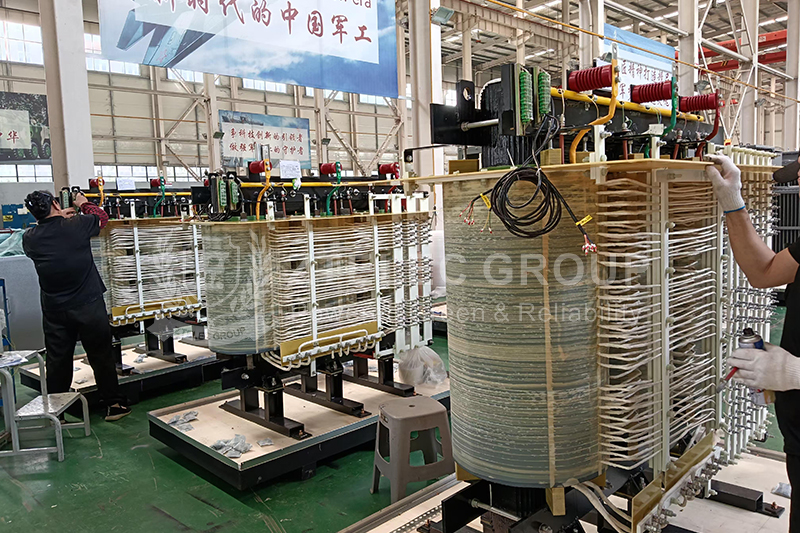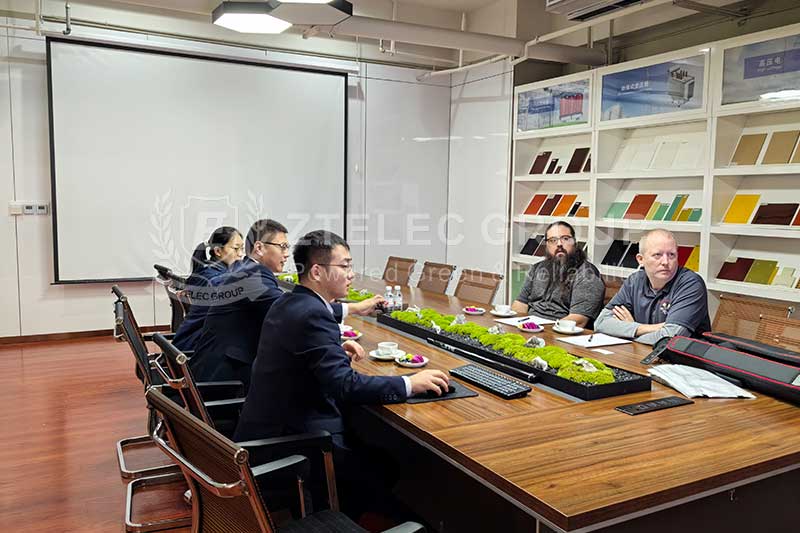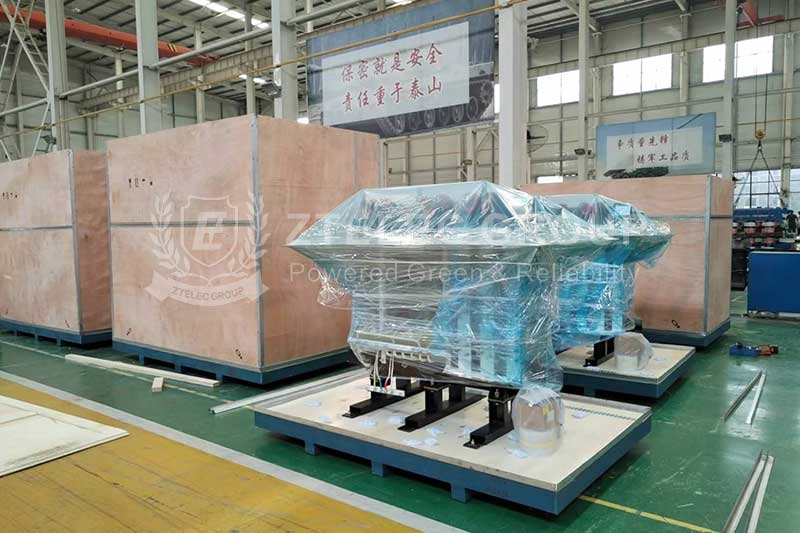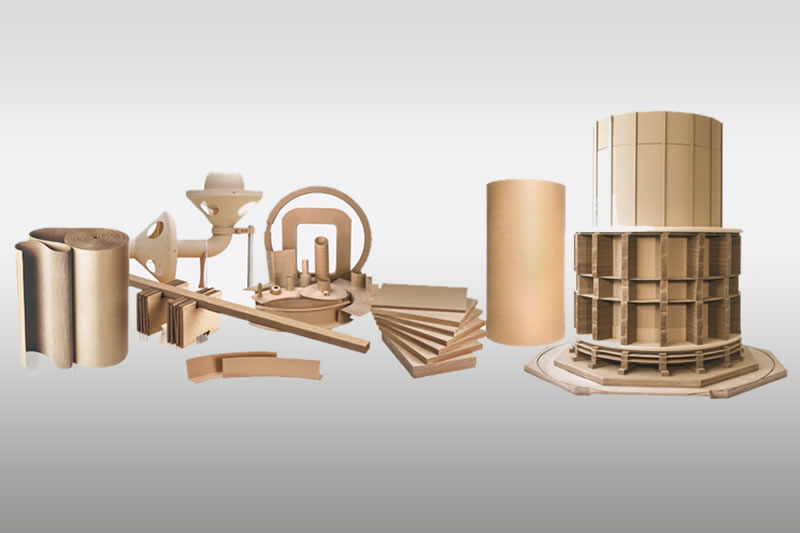Introduction to FRP for Wind Turbine Generator System
Nowadays, the increasingly severe environmental degradation and frequent extreme weather events have affected the sustainable development of the economy and the health of the people. Therefore, promoting the transformation of energy structure to non-fossil energy for building a clean energy system is the only way to development. In the construction of new energy system, wind energy, as a zero-emission energy source, has always received attention from countries all over the world. Wind power generation is the most mature and promising new energy generation technology, and countries are accelerating the pace of R&D and launching new technical equipment. According to Global Wind Energy Council’s (GWEC) forecast, in the next five years, the global installed wind power capacity will maintain an average annual growth rate of 4% and is expected to reach 112GW in 2025. The wind power generation industry will always remain at a high boom, which will also create growth points for its upstream fiberglass reinforced plastics (FRP) market.
Today, we will focus on the application of FRP in wind turbines, i.e., the manufacture of FRP wind turbine blades and nacelle covers. Wind turbines consist of blades, transmission system, generator, nacelle cover, energy storage equipment, tower, and electrical system. To improve the output power of wind power generation, the key lies in the wind turbine blades, whose design will be directly related to the performance of the wind turbines.

wind turbine structure
Wind turbine blades have high requirements for their materials, which need to be characterized with light weight, high strength, corrosion resistance, fatigue resistance, and weather resistance etc. Materials for blades also experienced different stages of development, from the initial wood, canvas, gradually to metal, FRP etc. The FRP blade is light weight, high specific strength (two times that of the titanium steel, and 1.7 times higher than that of alloy steel), with excellent fatigue strength and toughness and long service life, therefore FRP’s application in wind turbine blades enjoys the remarkable effect.
The featured products offered by ZTelec Group——epoxy fiberglass laminates are high quality FRP materials made of electronic grade alkali-free glass fiber cloth as reinforcement, impregnated with epoxy resin matrix, then baked and cured by hot pressing technology. The series of products include 3240 epoxy laminated sheets and NEMA G10, FR4, G11 and FR5, etc. These products with excellent tensile strength and fatigue resistance, can adapt to the harsh outdoor environment.

Additionally, despite the outstanding performance and durability of FRP materials, the recycling issue has been a problem that still looms large. FRP, as a thermosetting resin composite that is hard to be degraded, has generally to be smashed and incinerated and then sent to the landfill, which requires that it must be environmentally friendly. ZTelec Group’s star product, halogen-free FR4, uses halogen-free flame retardant and does not produce toxic gases when incinerated, which can effectively solve this pain point.
- more+releated article
- 2026-01-04Common Power Transformer Faults: Causes, Solut
- 2025-12-312026 New Year Holiday Notice
- 2025-12-31Operation, Maintenance, and Service Life Manag
- 2025-12-30How to Select a 100 kVA–500 kVA Distribution
- 2025-12-29The Impact of NHN NMN Composite Insulation on
- 2025-12-26Practical Application of GPO-3 Insulation Boar
- 2025-12-2510kV Transformer Replacement Timeline: Install
- 2025-12-25Low Smoke EN45545 GPO3 UPGM203 Laminated Board
- 2025-12-24Merry Christmas — ZTelecgroup Christmas Cele
- 2025-12-24How to Select a Suitable 50kVA–500kVA Distri





